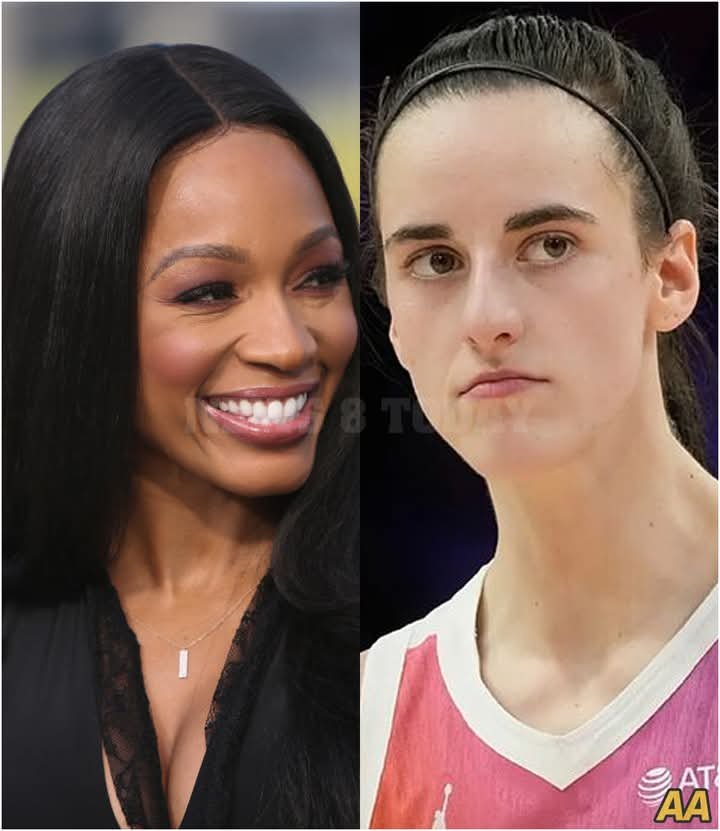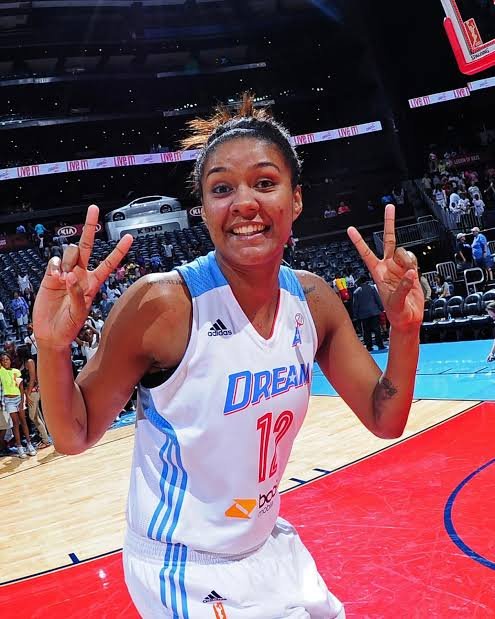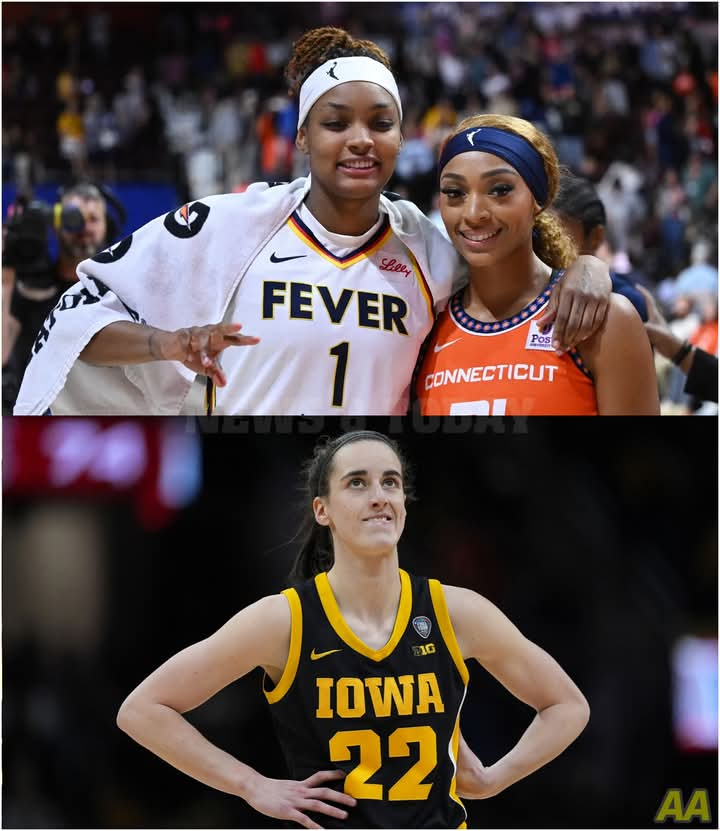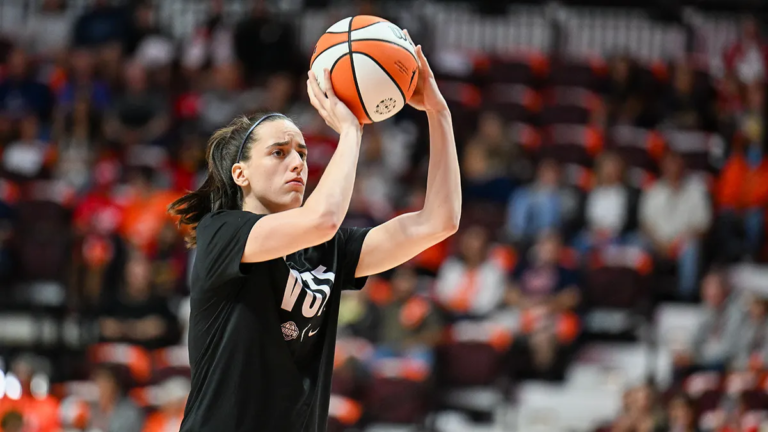
Former ESPN host Cari Champion recently sparked controversy when she addressed the criticism surrounding basketball star Caitlin Clark. Champion, who has made a name for herself in sports broadcasting, didn’t hold back while discussing the pressure Clark has faced. She labeled the Iowa guard as “privileged,” suggesting that the criticism directed at Clark might not be entirely fair, given her elevated position in the sport. This comment has raised eyebrows and sparked heated debates about the treatment of top athletes, particularly in women’s sports.
Champion’s remarks were made in the context of broader discussions about Clark’s dominance in college basketball and the scrutiny that often accompanies it. While Clark has been praised for her remarkable talent and ability to take over games, she’s also faced her share of detractors. Critics have at times questioned her confidence, her playing style, and even her position in the sport. Champion, however, took a different angle, arguing that some of the backlash stems from jealousy and a failure to acknowledge the privileges Clark has, given her high profile and the attention she commands in the media.
Champion went on to suggest that Clark’s status in the game, while earned through hard work and skill, has afforded her certain advantages that other players might not enjoy. She argued that this “privilege” has led to a situation where Clark’s critics are sometimes more vocal than those supporting her. Champion’s stance highlights the complexities of public perception, especially when a player reaches the level of prominence that Clark has. While some view her as a trailblazer in women’s basketball, others may see her success as something that attracts undue attention or expectations.
Clark’s supporters, of course, have pushed back against Champion’s comments, emphasizing that the criticism aimed at her is part of being a top-tier athlete. They argue that Clark’s achievements and contributions to the game of basketball speak for themselves and that she has earned every bit of recognition she receives. For many, Champion’s words only add to the ongoing conversation about how women athletes are perceived and treated in the sports world, where the line between constructive criticism and unfair scrutiny is often blurry.
Ultimately, Cari Champion’s comments on Caitlin Clark shine a light on the larger issue of how athletes, particularly women in the spotlight, are held to different standards. Whether it’s about talent, privilege, or expectations, this exchange only intensifies the discourse surrounding the pressures faced by athletes at the highest levels. As Clark continues to excel, it’s clear that her journey will remain a focal point of conversation, with opinions about her legacy as varied as the game she plays.






